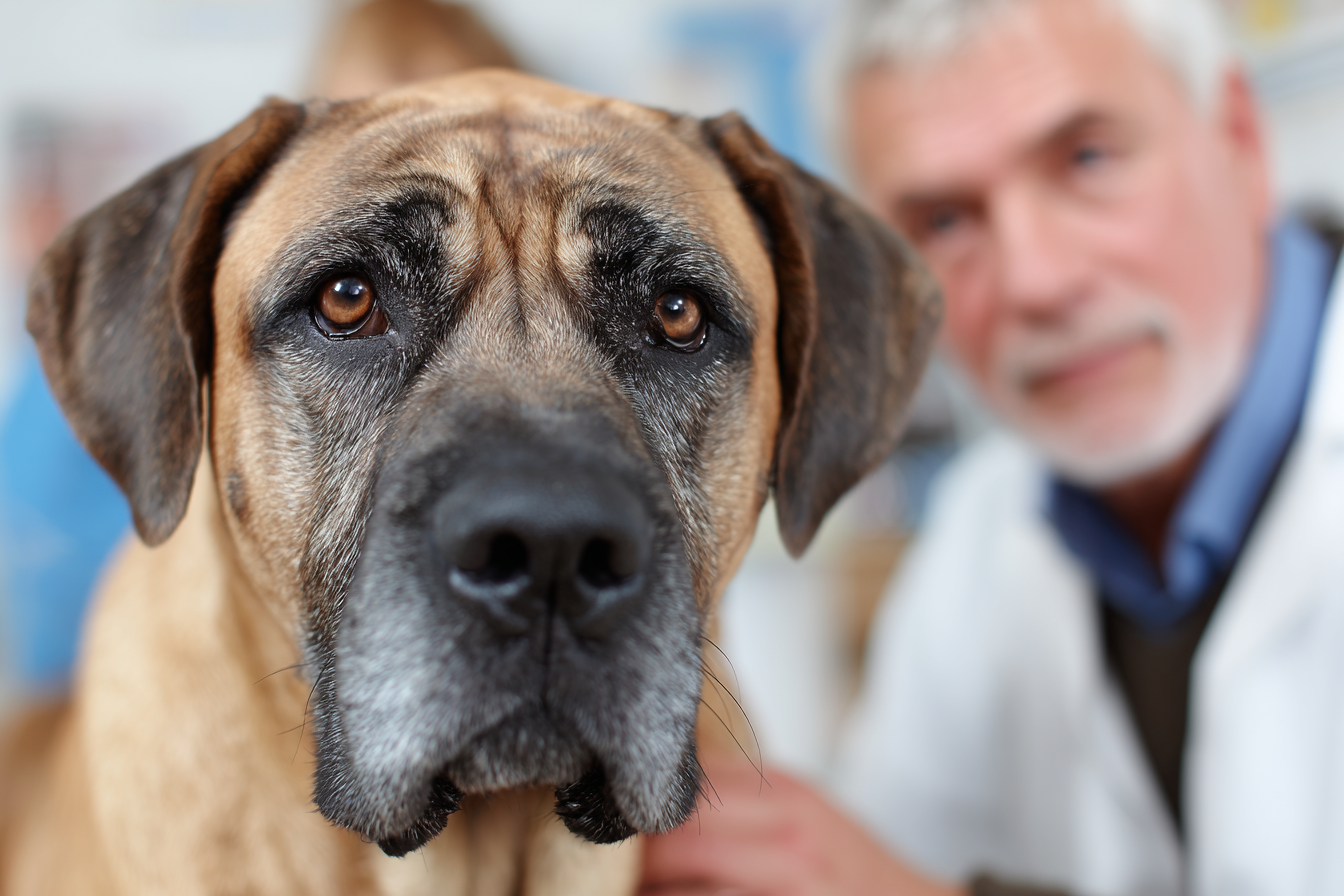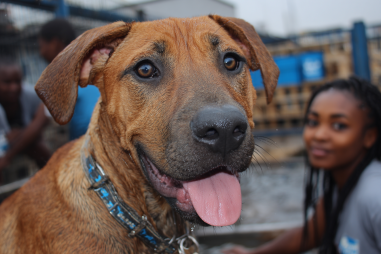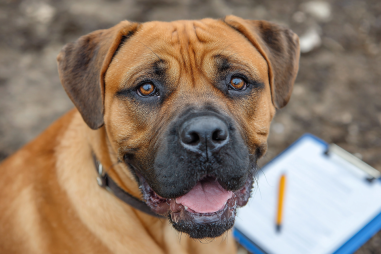Boerboels are magnificent dogs known for their strength, loyalty, and protective instincts. Like all dog breeds, they come with their share of health considerations. Understanding the common health issues Boerboels can face and focusing on preventive care is essential for ensuring your furry friend enjoys a long, vibrant life. In this article, we’ll explore the typical health challenges associated with Boerboels, signs to watch for, and ways to keep your dog healthy and happy.
Overview of Boerboel Health Considerations
The Boerboel is a large and powerful breed originating from South Africa. Bred as a working and guard dog, they are muscular and robust but also prone to certain health conditions due to their size and genetics. Understanding these considerations helps fanciers and owners provide the best care possible.
Since Boerboels are a large breed, their joints, bones, and cardiovascular system require particular attention. Additionally, responsible breeders carefully screen their dogs for hereditary health problems, but even then, some issues may still arise. The key is staying informed and proactive in maintaining your dog’s well-being.
Common Genetic and Orthopedic Problems
Boerboels are predisposed to several genetic and orthopedic health conditions. Being aware of these common concerns can make all the difference in early detection and management.
Hip and Elbow Dysplasia
Hip dysplasia is one of the most prevalent orthopedic problems in large breeds like the Boerboel. It occurs when the hip joint does not develop properly, leading to joint instability, arthritis, and pain. Elbow dysplasia, similarly, affects the elbow joint and can cause lameness and discomfort.
Both conditions are often hereditary, so obtaining a Boerboel puppy from a breeder who tests their breeding dogs for these syndromes is crucial. Early signs may include limping, reluctance to move or play, stiffness, or difficulty rising after resting.
Heart Conditions
Certain heart problems, like cardiomyopathy, can also affect Boerboels. Cardiomyopathy involves the weakening or enlargement of the heart muscle, potentially leading to heart failure if untreated. Routine veterinary exams can help detect early signs of cardiac issues through auscultation and diagnostic tools such as echocardiograms.
Bloat (Gastric Dilatation-Volvulus)
Being large and deep-chested, Boerboels are at risk for gastric dilatation-volvulus, or bloat. This acute condition happens when the stomach twists, trapping gas and cutting off blood supply, which can be life-threatening. Owners should be aware of bloat symptoms such as a swollen abdomen, drooling, restlessness, and unsuccessful attempts to vomit, which require immediate veterinary care.
Other Genetic Concerns
Other inherited conditions some Boerboels may face include hypothyroidism, entropion (a condition where the eyelids roll inward), and certain skin disorders. Periodic screening and early intervention can mitigate the impact of these issues.
Signs and Symptoms to Watch For
Monitoring your Boerboel for changes in behavior, mobility, or physical condition helps catch health issues early. Here are some common signs that could indicate a problem:
- Changes in gait or limping: Could suggest joint or muscle problems such as dysplasia or arthritis.
- Swelling or pain in joints: May indicate inflammation or injury.
- Difficulty breathing or coughing: Could point to heart or respiratory conditions.
- Loss of appetite or vomiting: A possible symptom of bloat or digestive disorders.
- Excessive scratching or skin irritation: May signal allergies or skin infections.
- Eye redness or discharge: Could be a sign of entropion or other ocular issues.
If you observe any of these signs, it’s wise to consult your veterinarian promptly to get a proper diagnosis and treatment plan.
Preventative Health Care and Diet
Prevention is always better than treatment, especially when it comes to Boerboel health. Here are some crucial steps you can take:
Choose a Reputable Breeder
Selecting a Boerboel puppy from a responsible breeder who screens for genetic diseases helps reduce the chance of inherited conditions. Ask for health clearances and evidence of testing for hips, elbows, heart, and eyes.
Provide a Balanced and Appropriate Diet
Proper nutrition is vital to maintain joint health and overall well-being. Choose high-quality dog food formulated for large breeds and ensure it meets your dog’s life stage requirements. Controlling calorie intake helps prevent obesity, which can exacerbate orthopedic problems.
Maintain Regular Exercise
Boerboels benefit from regular but moderate exercise to keep muscles strong and joints flexible. Avoid excessive high-impact activities that could strain joints, especially in puppies whose bones are still developing.
Supplements for Joint Health
Supplements like glucosamine, chondroitin, and omega-3 fatty acids might support joint function and reduce inflammation. Discuss supplementation with your vet before starting them.
Importance of Regular Vet Visits
Regular veterinary checkups play a critical role in early detection and prevention of health issues in Boerboels. Your vet will perform routine physical exams and may recommend specific tests based on your dog’s age and risk factors.
Vaccinations, parasite control, dental care, and blood work to monitor organ function are all parts of comprehensive health management. Your vet can also guide you on lifestyle adjustments, nutritional needs, and screening schedules for breed-specific conditions.
Early intervention not only improves the quality of life but can also extend your Boerboel’s lifespan. Don’t wait for obvious symptoms—proactive care is key.
Taking Steps Towards a Healthy and Happy Life
Caring for a Boerboel requires understanding their unique health risks and being proactive in prevention. By choosing a reputable breeder, observing your dog’s physical and behavioral changes, feeding a balanced diet, ensuring appropriate exercise, and keeping up with veterinary visits, you give your loyal companion the best chance to thrive.
Remember that every dog is an individual, so maintaining an open line of communication with your veterinarian is essential. Early detection and proper management of health problems not only improve your Boerboel’s well-being but also deepen the special bond you share.
For more information and support, consider joining Boerboel breed-specific forums or connecting with local breeding clubs where experienced owners and breeders share valuable insights and resources.







